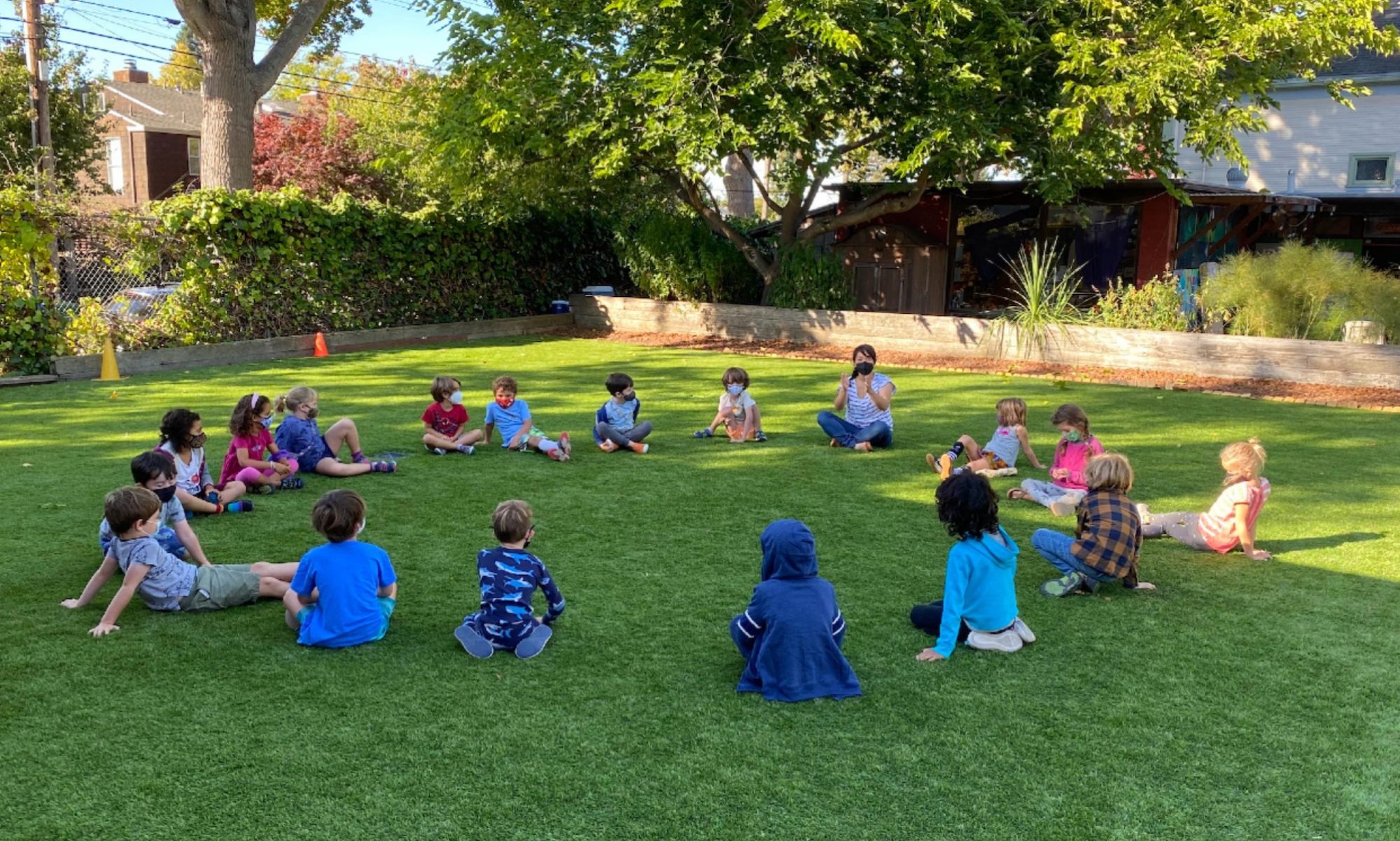Lower Group
Lower Middle Group
Middle Group
Upper Group
Drama and Movement
Music
Visual Art
Spanish
Lunch, Snack & Recess
Throughout the Spanish curriculum at Walden, there is an emphasis placed on the importance of learning another language to help us understand one another, to expand our horizons and to open doors to other ways of thinking and being. Learning another language expands our brains and hopefully instills some compassion and understanding of what it is to be from somewhere else.
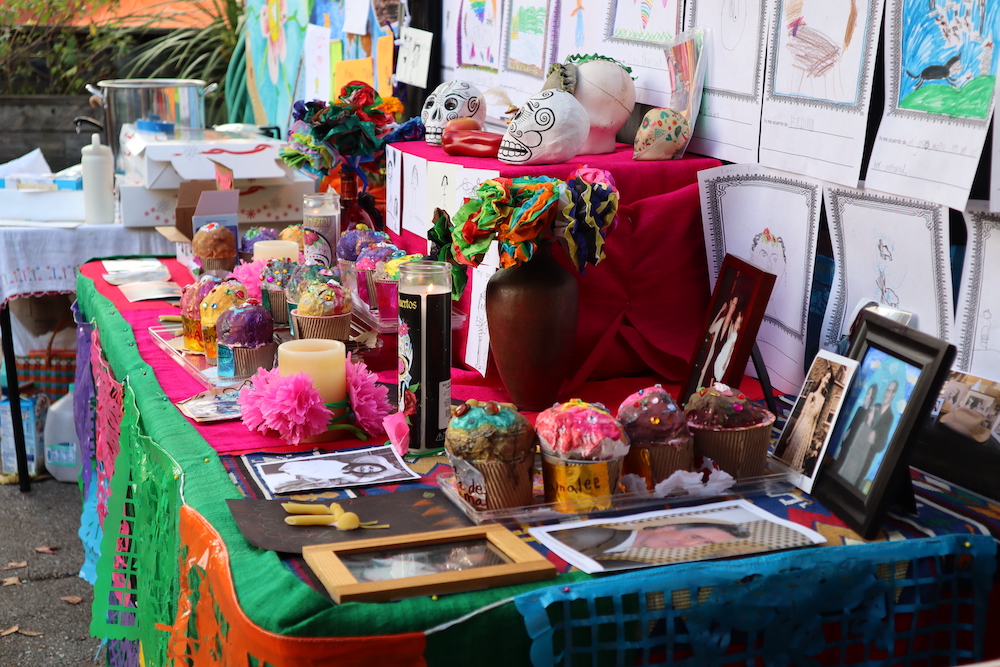
Spanish Curriculum
Lower Group
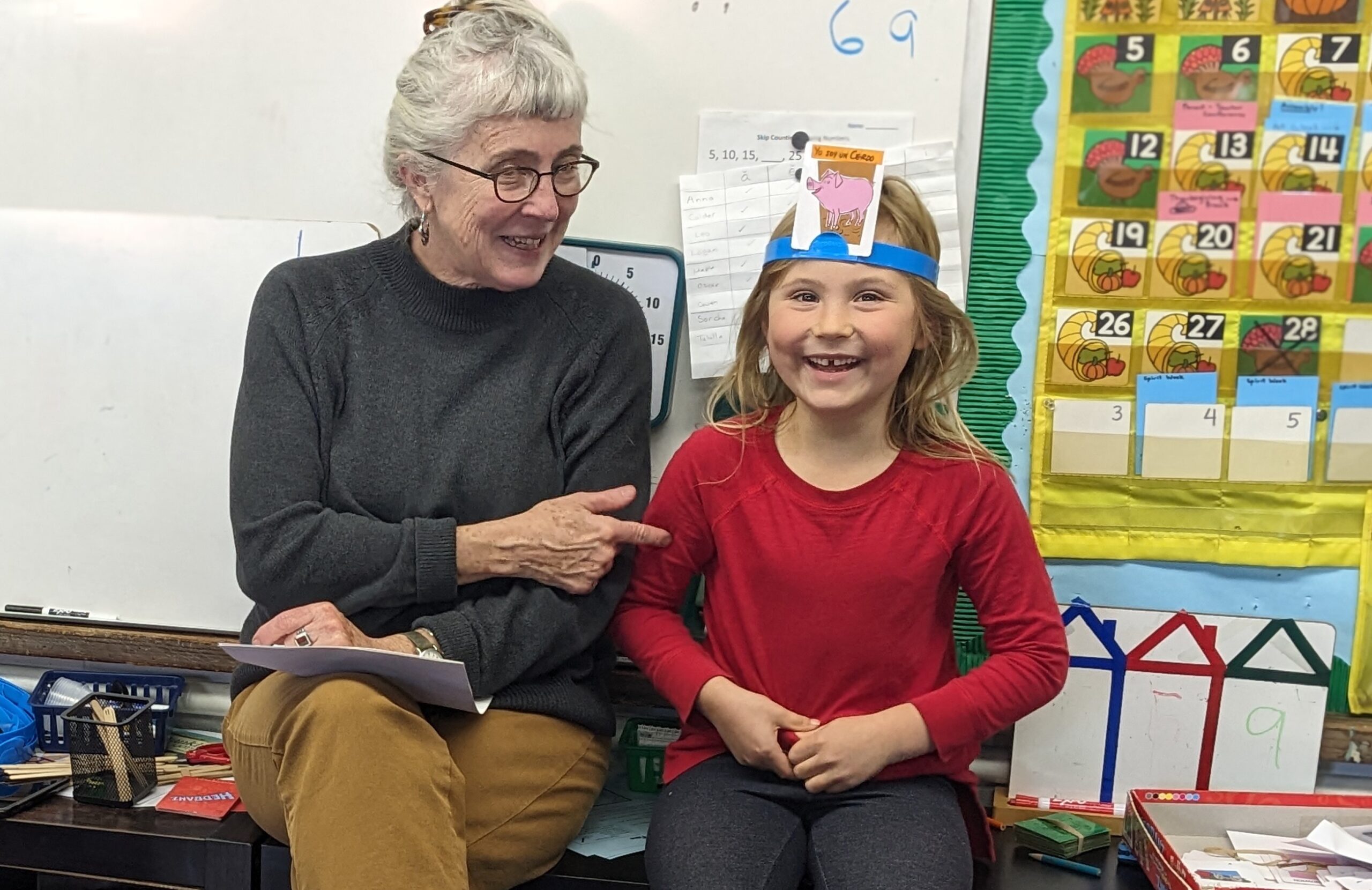
Although some children who begin school at Walden have had some, or a lot, of exposure to Spanish, many have not, and the emphasis in Lower Group is to make learning another language desired and FUN! We begin by learning the names of things that are familiar in English, such as colors, shapes and body parts.We learn how to count.We learn the vowel sounds in Spanish. We learn greetings and words to describe how we are feeling. We sing songs and explore children’s books in Spanish. As with all of the grade levels there is a cultural component to Spanish class; we learn about holidays celebrated in Spanish speaking countries, and we learn about the similarities and differences between ourselves and children from other parts of the world.
Lower Middle Group
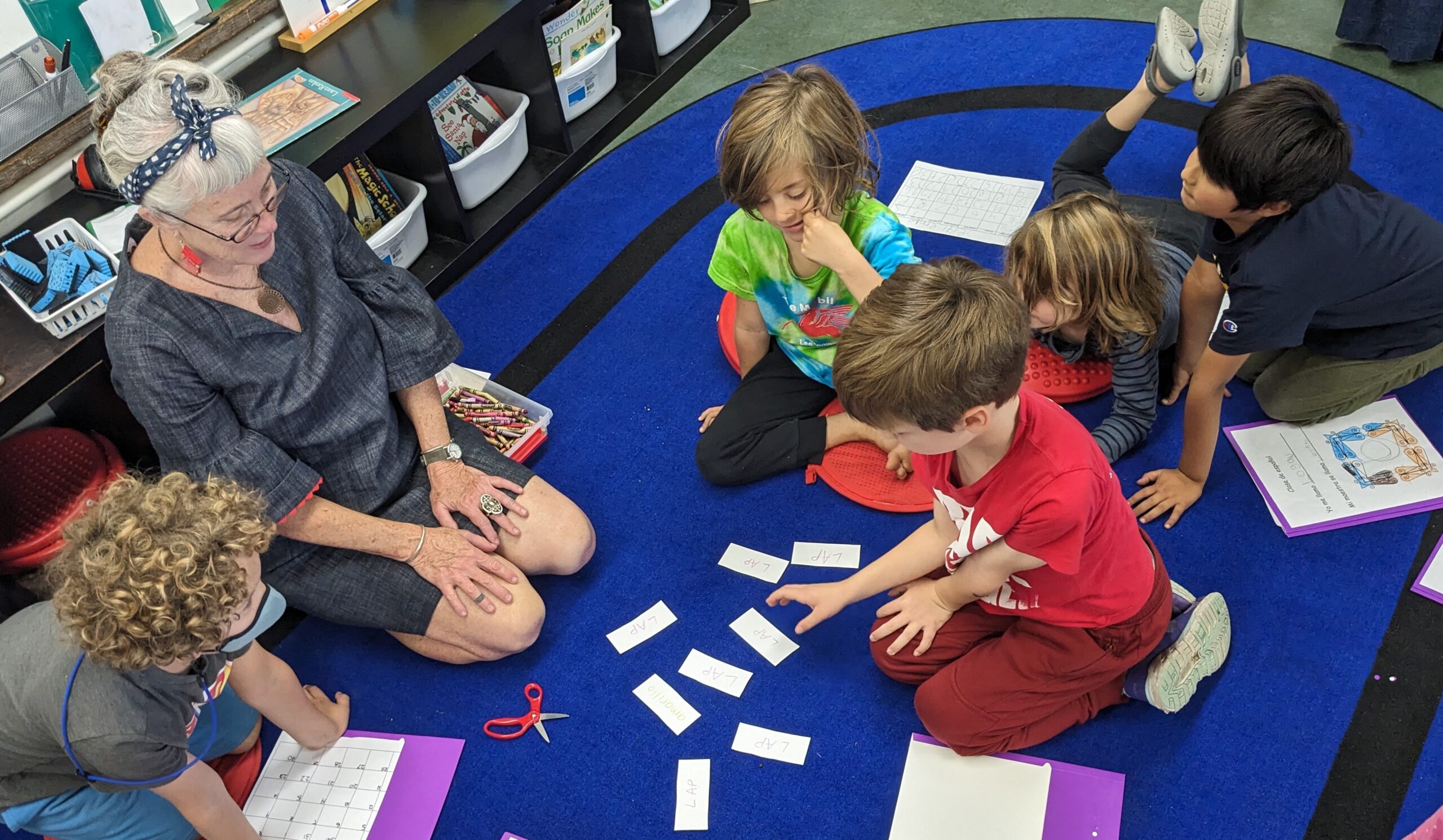
In Lower Middle Group we build upon all that we learned in Lower Group. We learn the letter sounds of the whole alphabet in Spanish. We learn the days of the week and work on calendar concepts such as yesterday, today and tomorrow. We continue counting in Spanish. We expand our vocabulary through thematic units including units on family/family members, transportation, animals, plants and the seasons. We play games and do word searches, and begin to explore the concept of the articles before the nouns in Spanish which are gendered, a big difference between Spanish and English and an important concept to learn in language acquisition. We do literature studies, including a unit on the books of Eric Carle. And, of course, we continue to sing and have FUN!
Middle Group
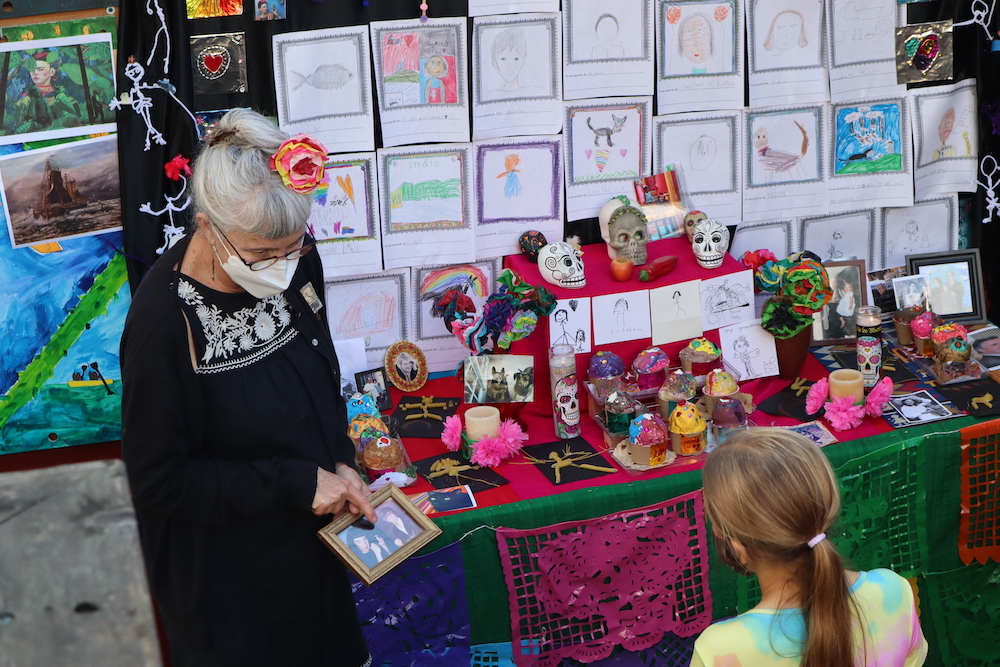
In Middle Group we continue increasing our vocabulary through thematic units on school supplies, clothing, seasons, and animal habitats. We begin exploring verbs and verb conjugations which is another very important feature of understanding Spanish. We do more writing activities but also begin to use more oral Spanish by learning how to ask and answer questions, and how to take care of our basic needs in Spanish. We continue to play games, do calendar activities, sing songs, and revel in all that we have learned thus far.
Upper Group
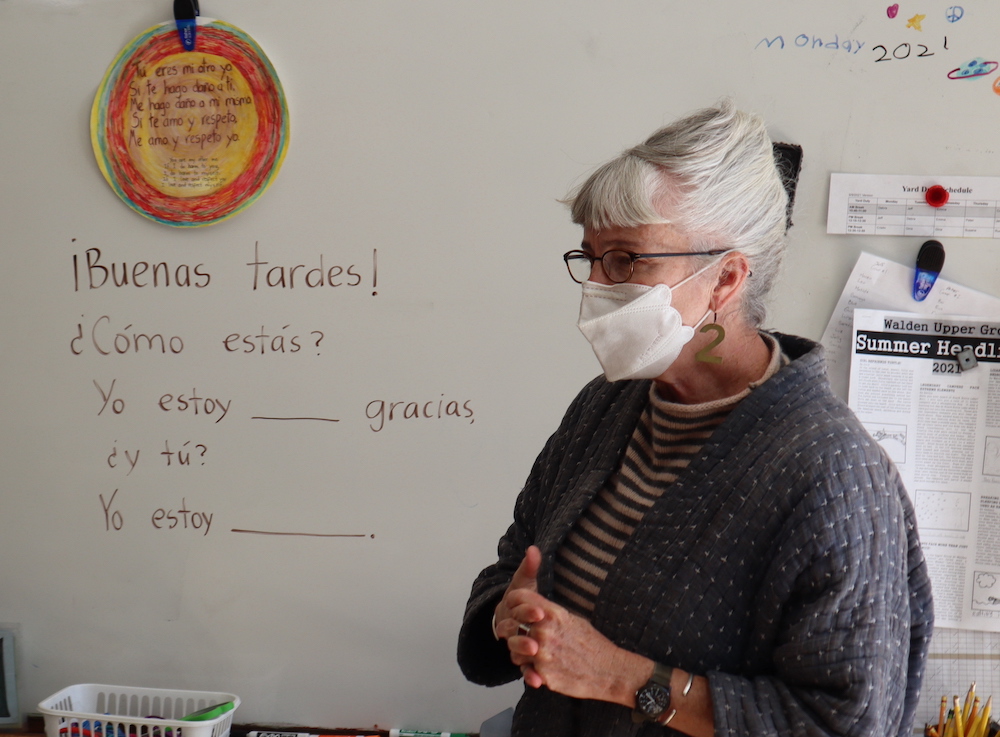
In Upper Group we continue to expand on everything we have learned up to this point. We delve deeply into verb conjugations, articles before nouns, and creating our own sentences. By now many students have gained an intuitive feel for what is grammatically correct and incorrect in oral Spanish. We spend a lot of time practicing our oral Spanish by interviewing each other, doing surveys, asking and answering questions, etc. Toward springtime we begin to “travel” to Spanish speaking countries by focusing on a country a week, learning about the foods, sports, holidays, weather, and flora and fauna of each country. We do some reading on the country of focus, answer some questions and then get a stamp in our “passport”!
